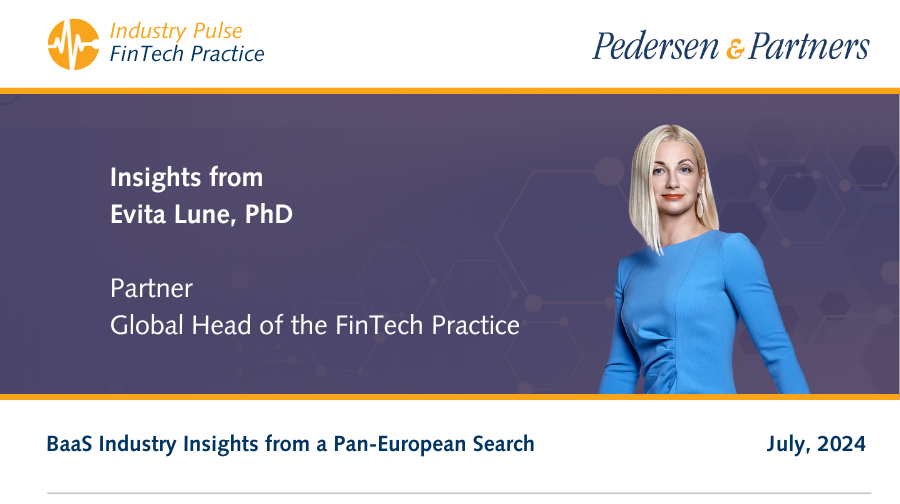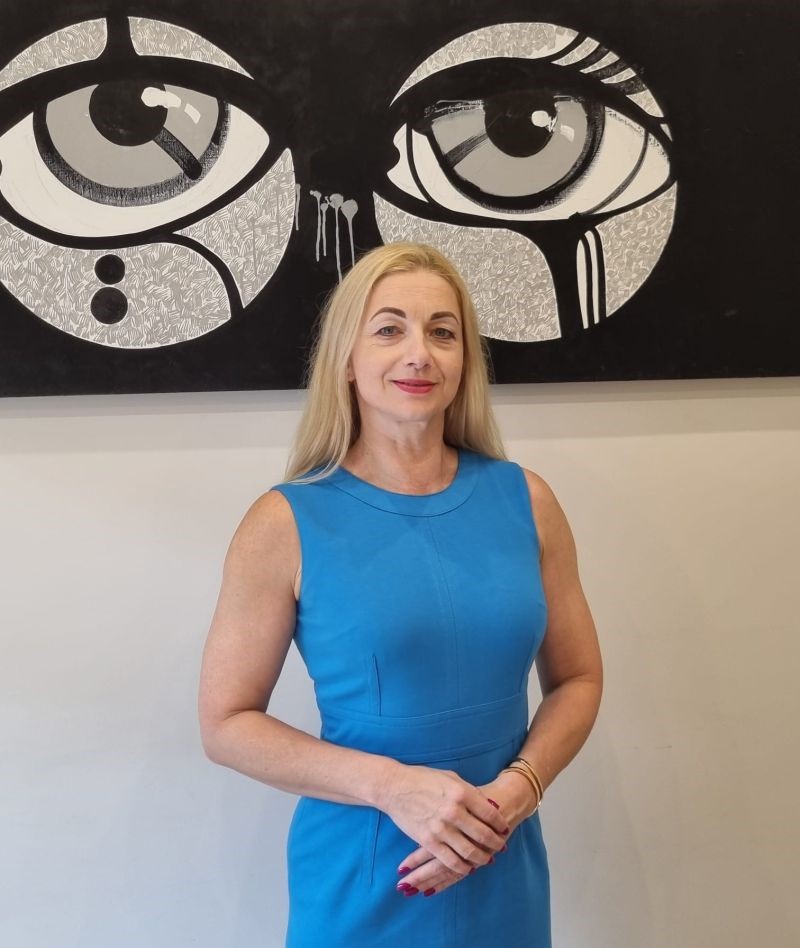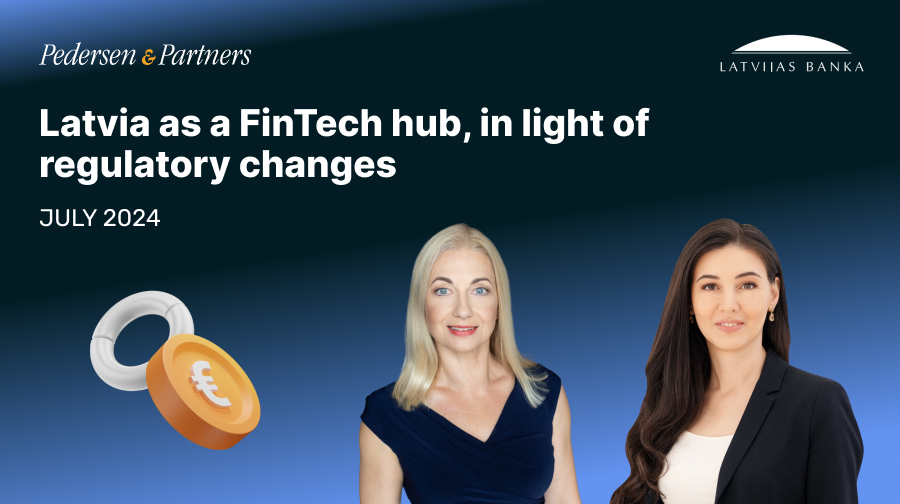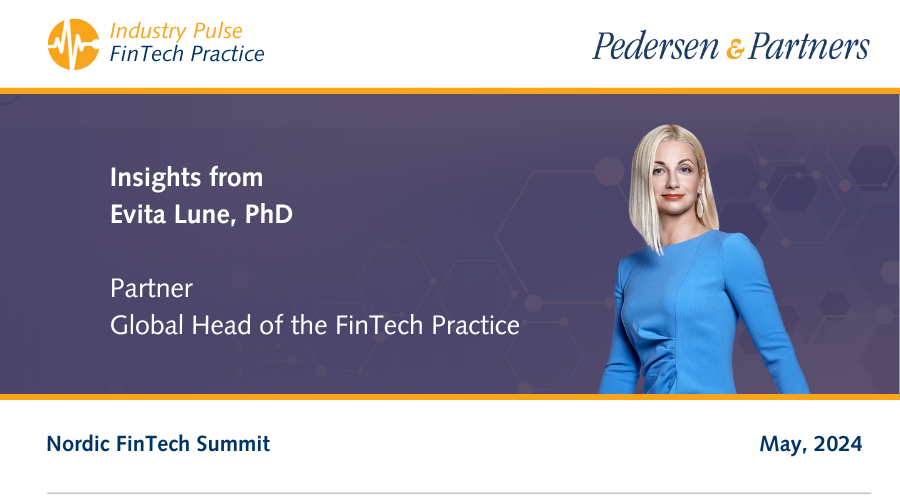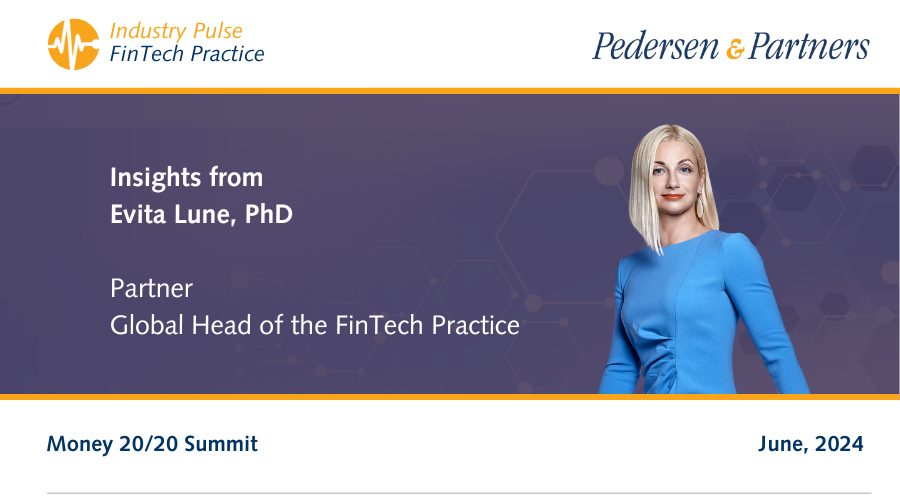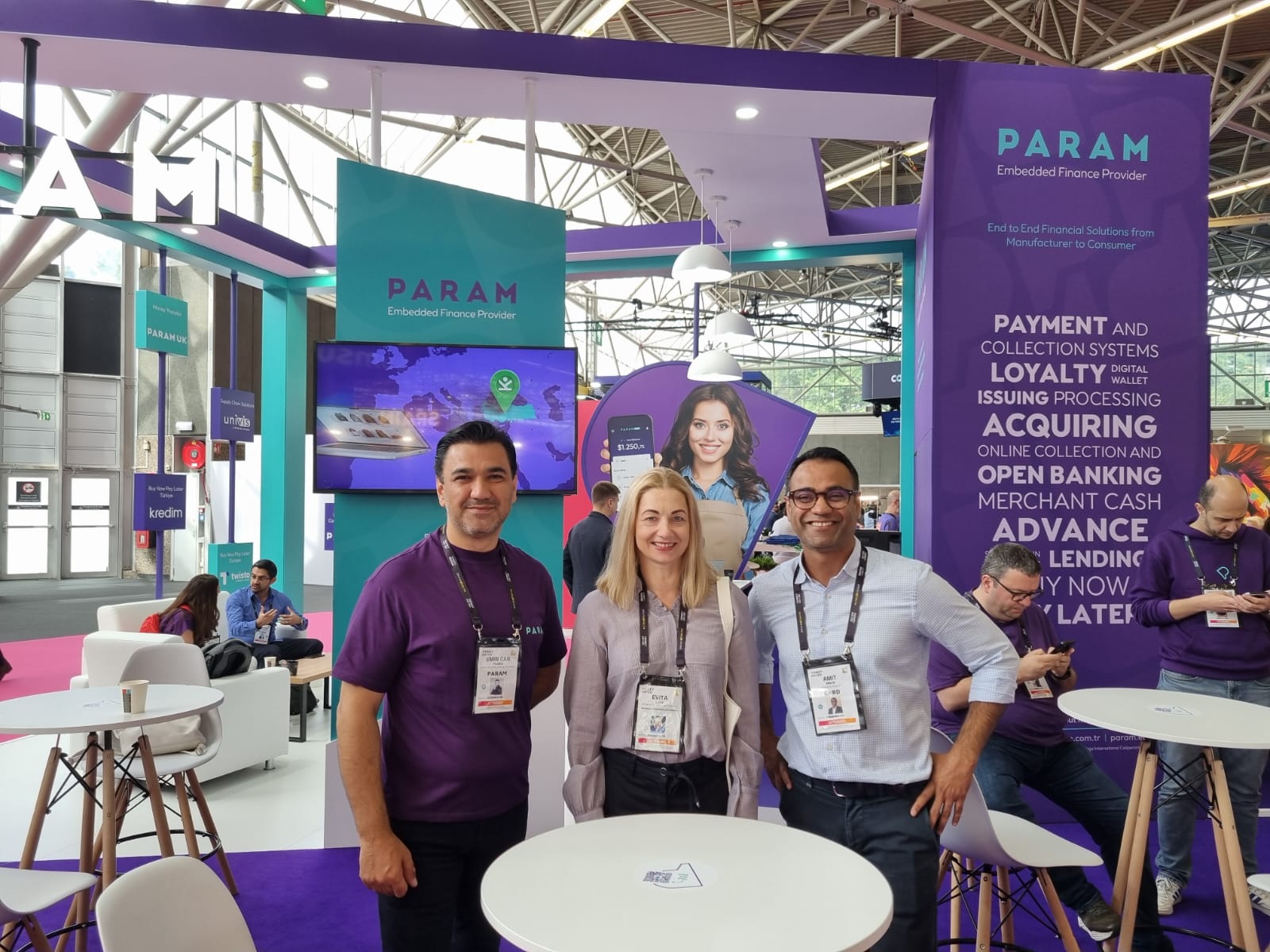Profile of a Successful Leader
October 8, 2024
By Reporter Armanda Vilciņa, Dienas Bizness.
For a company to be successful, it must be able to adapt to the times, grow, and continuously evolve, notes Evita Lune, Partner at Pedersen & Partners.
In today's fast-paced world, where everything is changing rapidly due to the technology, a successful entrepreneur must recognize and account for these shifts, asserts E. Lune. "We can no longer offer our clients the same services we provided 30 years ago," she explains. "The ability to foresee the future and continuously learn new things is an essential component of any company’s success story. Modern, advanced team is equally important. In any business, people are the foundation. They are the ones who achieve the set goals and drive the company’s success," says Evita.
Seizing Opportunities
"I’ve always been a motivated and ambitious person, but as a child, I didn’t have a clear dream profession," says E. Lune. "Instead, I focused on achieving short-term goals. During my school years, I was involved in rhythmic gymnastics, always striving for the best possible result—whether that meant joining the best team, scoring higher points, or winning competitions. However, I was also realistic and never dreamed of becoming an Olympic champion. After finishing high school, I decided to pursue further education. I performed well in majority of subjects, so the idea of not studying wasn’t even considered. This period also coincided with the fall of the Iron Curtain, which opened up many new opportunities, including studying international economic relations. At the time, any kind of cooperation with foreign countries seemed like a great opportunity, so I chose this field of study, which had just been introduced at the University of Latvia. The competition was fierce, but I succeeded and had the privilege of studying alongside exceptional peers from across the country, gaining a solid foundation in economics," recalls E. Lune, who began her professional journey while still in her second year of university.
"My first serious job was with the fuel retail company Shell. At that time, Shell was new to the Baltics, and all gas stations were being built from the ground up. I was one of the company's first employees, starting in retail marketing. I later worked in marketing for the CEE Cluster in Budapest and then transitioned to a strategy analyst role with the EU strategy and planning team in Brussels, dealing with confidential M & A projecs. It was an incredible experience, as the company was highly professional and ethical. I gained just as much knowledge at Shell as I did at university—each task was underpinned by years of accumulated expertise. Whether in marketing, retail management, or other leadership areas, we used advanced methods, and I am truly grateful for the opportunity to learn and grow during that time," says E. Lune.
Creating a Business
After six years at Shell, E. Lune decided to take on new challenges and try her hand at private business. "In 1998, together with my colleague Agija Jansone, we opened our own clothing store. At the time, there were no large shopping malls or well-known international retail chains in Latvia. Coming from Shell, we both understood how retail operations worked, so we decided to give it a try. Of course, it was a completely different experience—starting a business from scratch without significant backing and relying on our own resources, but we succeeded. There were plenty of challenges, but it was an interesting period, which we eventually brought to a close. Agija continued in the clothing business, but I joined the team at Stockholm School of Economics in Riga. I missed the intellectual challenges. While the private retail business was emotionally fulfilling, it wasn’t intellectually stimulating enough for me. Stockholm School of Economics in Riga, with its reputation, seemed like a true source of knowledge and inspiration to me, so I chose this new career direction," says E. Lune, who first worked as the Head of the Bachelor's Thesis Faculty for two years, then as the Director of the Executive MBA program for nearly two more years, before joining Pedersen & Partners in 2005.
"I ended up at Pedersen & Partners thanks to one of my former students, Kārlis Andersons. He was the first employee hired in Latvia by the company—he set up the office and had already secured the first clients. Since I wanted to return to the business environment, he offered me the opportunity to work at Pedersen & Partners, and that’s how my journey with the company began. Initially, I became the head of the Latvian office, then the Baltic region, and eventually took responsibility for Poland as well. We built not just a company but also an entire industry from scratch, as executive search services were not widely recognized at the time. Today, I am a co-owner and global partner of the company, working with fintech clients worldwide," says E. Lune.
Inspiring Others
Evita is direct, concise, highly organized, goal-oriented, and results-driven, notes Inga Ezera, Senior Consultant at Pedersen & Partners. "Evita is one of those rare people who can achieve outstanding business results while leading teams toward ambitious goals, all while maintaining a balanced life—incorporating regular yoga and fitness sessions, ice swimming in winter, attending cultural events, and taking care of her family. Her life is filled with activities that are important to her, and she manages to accomplish so much because of her excellent time and task management. She is definitely a role model for me in business leadership and personal development. Her straightforward yet respectful communication style is inspiring and motivates purposeful action, as well as a focus on what truly matters. Evita provides immediate and constructive feedback on what has worked well, and her insights inspire positive changes. She continuously aims higher and further, while encouraging others to expand their horizons as well," says I. Ezera.
Anna Andersone, the head of the Riga TechGirls association, openly expresses her admiration for Evita's achievements: "I've always been pleased with Evita's successes. We have consistently supported each other—through mentoring, offering advice, sharing ideas, and providing guidance when needed. I must say, Evita is incredibly intelligent—she has a keen ability to recognize patterns and a deep understanding of people. One of her greatest strengths is her openness, straightforwardness, and courage. I believe these qualities serve her well in a professional environment. Evita is not afraid to take on significant responsibilities and see them through to success. Additionally, she excels as a connector—she can build relationships with a wide range of people and bring them together. I find Evita to be an inspiring individual because she approaches everything she does with passion," says A. Andersone.
Mečislavs Mačulēvičs, Director of Human Resources at Rimi Baltic, describes E. Lune as a collaborative leader: "I've known Evita for quite some time, but our professional relationship deepened when I took on the role of Director of HR at Rimi Baltic. We have worked together for about six years, and I must say, our collaboration has been extremely positive. There are several reasons for this. Firstly, Evita has always demonstrated a strong understanding of the market in which we operate, dedicating sufficient time and energy to ensure she understands exactly what we need. Furthermore, I would highlight that Evita is a reliable partner—we regularly meet and maintain communication, even when we don’t have an active project together. She is a proactive leader who can critically analyze both situations and client needs, and she works exceptionally well with people," notes M. Mačulēvičs.
Building a Team Like a Puzzle
E. Lune believes that one of the most valuable skills in a leadership role is the ability to select the right people. "The team is critical in any company, regardless of the industry it operates in. I believe humanity has progressed because of our ability to work collectively. The ability to align everyone toward a common vision and direction is incredibly important. If the team is not cohesive and does not share a common goal, it’s no longer a company. Moreover, the team must be diverse. In our firm, we have intentionally hired individuals from different countries to diversify our perspective—different cultures, temperaments, and fresh viewpoints. Additionally, people from other countries energize local colleagues and bring new dynamics to the team," says E. Lune, adding that building a team is like assembling a puzzle.
"A leader must recognize their own weaknesses and hire people who are strong in other areas, thus creating a unified mechanism where everyone has their strengths but works toward a common goal. Colleagues must complement and support each other. Trust and mutual reliance are also essential. It’s important to know that even if I’m not present, the idea I stand behind will be implemented and represented," E. Lune concludes.
Armanda Vilciņa


